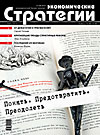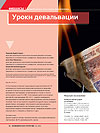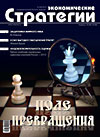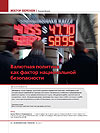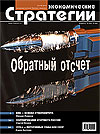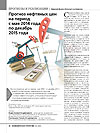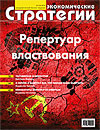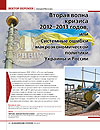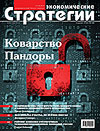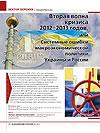Lessons of Devaluation
The article shows the consequences of the RF Central Bank current monetary policy, analyzes its theoretical prerequisites and the results of its application in practice. In particular, the authors consider the differences between the inflation targeting monetary policy, which is carried out in Russia, and the experience of its application in the EU and the USA. Particular attention is paid to the Central Bank activities during devaluation in 2014 – 2015, immediate consequences for the various sectors of the Russian economy of the measures taken are analyzed in detail. The authors also propose fundamentally different approach to pursuing this policy, necessary to overcome negative results of the previous actions of the Bank of Russia. These steps mentioned in the article imply introduction of a new emission model, transformation of the Russian ruble in the world currency, increasing stability of its exchange rate.


